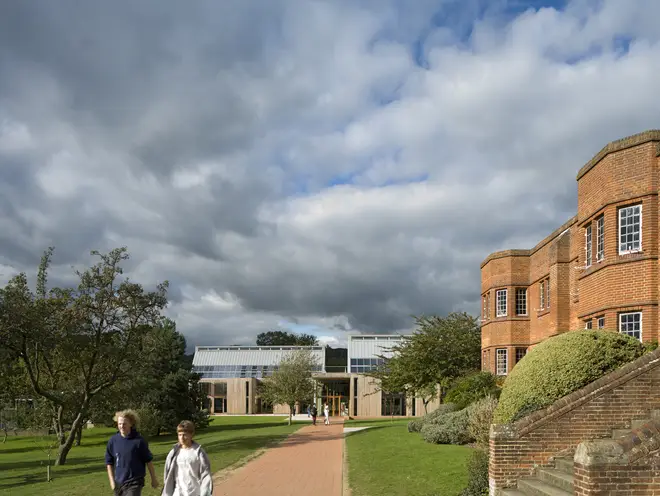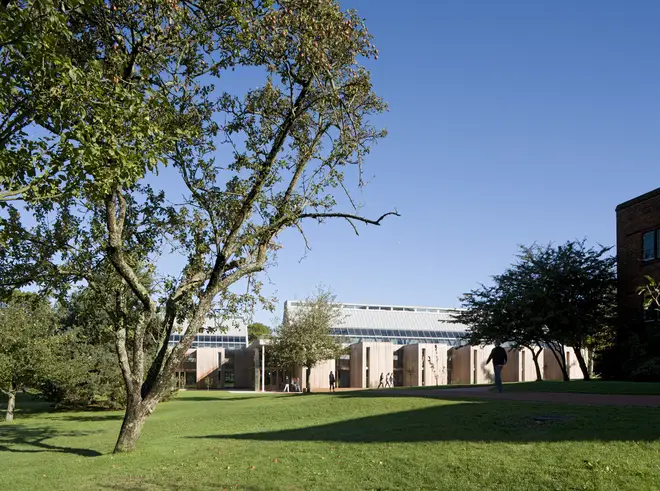
Simon Marks 3pm - 7pm
16 September 2020, 13:21 | Updated: 16 September 2020, 13:25

One of Britain's most famous private boarding schools is giving pupils the option of an extra hour in bed to improve 'academic performance and mental health.'
Bedales School in Hampshire has pushed lessons back by an hour to give students more choice over how long they lie in.
Alistair McConville, the school’s director of learning and innovation, told i the move was inspired by the “well established science of adolescent sleep patterns”, which suggests the teenage body clock runs later than other age groups.
“We’re damaging people by forcing them to work against their natural biology,” he said.
“It’s really clear that proper sleep improves cognitive performance and therefore academic performance and also mental health.”
The school, which counts Daniel Day-Lewis, Lily Allen and Cara Delevingne among its alumni, is running the new system on a year long pilot.
Read more: Testing, testing...Govt announces urgent review after LBC probe

Breakfast at the school will now begin at 9.00am, with lessons starting at 9.45am. Previously, breakfast ended at 8.15am, with the first lesson beginning at 8.45am.
The school said it will be up to pupils whether they use the extra hour to lie in, and said “naturally earlier risers” can instead start the day with a “co-curricular activity”.
The famously liberal private school already hosts morning activities including meditation, feeding sheep, baking bread or taking a country walk.
“I expect what we’ll find is that the older kids will to a greater extent take advantage of the lie in because that’s what the biology says, and the younger ones will probably be up ticking-off some of their activity possibilities,” Mr McConville said.
Read more: Justice Secretary: 'It's not right' serious criminals only serve half their sentences

Mr McConville told i that said he hoped the change would support young people’s mental health "after the disruption and anxiety they had experienced this year".
“Not sleeping at the right times is associated with increased anxiety and the likelihood of falling prey to depression,” he said.
“The timetable is allowing them to be their most natural selves, and we’re not doing a thing to them that we know is harmful.”
He said pupils had welcomed the change, with older students particularly “really appreciating the ability to get up later” and “feeling better about getting on with stuff.”
However, Mr McConville did say some parents pointing out that their offspring would “have to get up and be in work by 9 o’clock when they’re older”.
“You’ve just got to explain that the science shows they’ll be ready again by that time,” he said.
“They revert – there’s a period of time when they particularly need to sleep differently.”